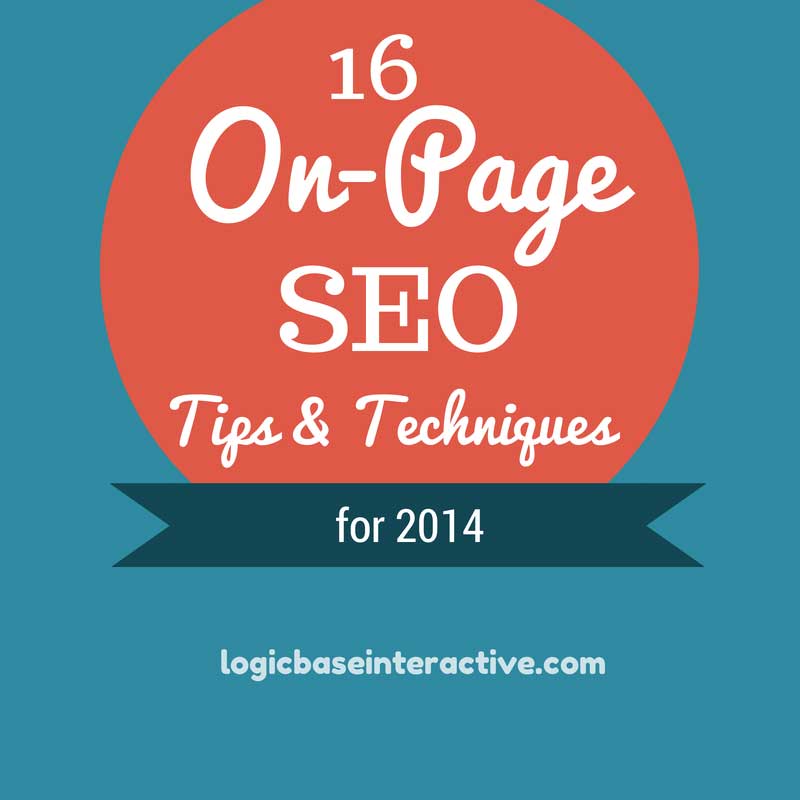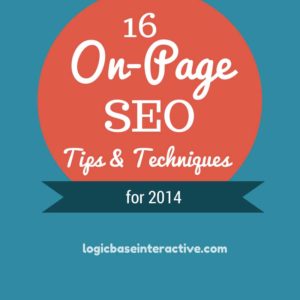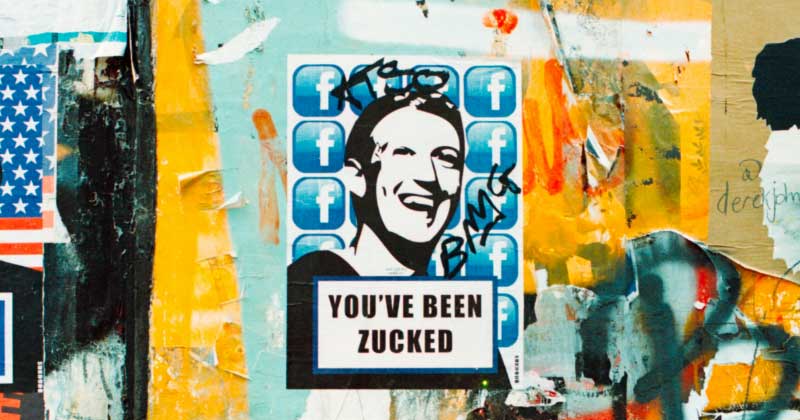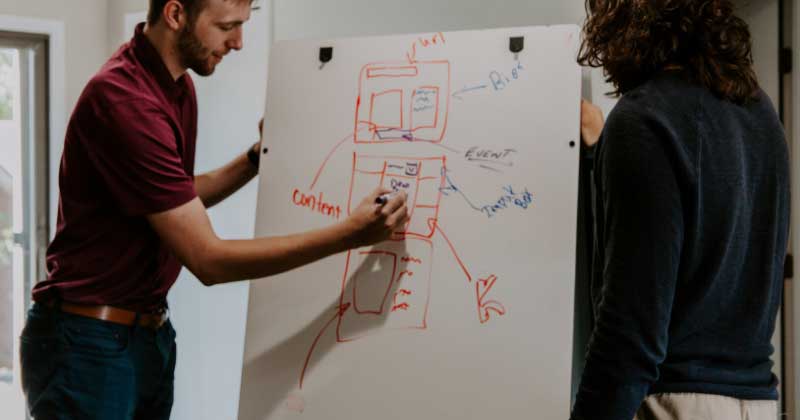
16 On-Page SEO Tips and Techniques for 2014
Who among you wants to improve organic traffic, improve your website’s position in search engine results and make your site on top? Well, I guess every website owner dreams to achieve that.
To review, there are three SEO elements that help your site to compete for top rankings in the search engine.
- On-page – it helps optimize the position of your website in search results through the optimization of texts, images, tags, URL, structure, internal links, headers, etc.
- Off-page – it helps your site achieve good search engine rankings through the things you do offline like building quality link.
In this article, I’ll focus on the first element which is the On-page Optimization since it is the most important part in the process of SEO. It is said that 70% of the job of SEO depends on on-page optimization and the rest depends on off-page.
Now here’s the news, I have this 16 tips and techniques to improve your on-page SEO for your site. Here’s the list:
- Permalink
Use friendly, short and keyword rich URL to avoid making it look spammy. Google has stated that the first 3-5 words in a URL are given the most weight.
- Title tag
Use your keywords in your title tag. One of the most effective ways in using title tag is not to make it longer than 70 characters. Also consider appending your brand or company name at the end of your title tag to increase brand awareness. It is also helpful to add modifiers like “2014”, “best”, “guide”, “review”, etc. to help you rank for long term versions of our target keyword.
- Description tag
Write a short description describing your page or post containing your most competitive keywords in the text. Use no more than 160 characters.
- Multimedia
Engage image, videos and diagrams to reduce bounce rate and increase time on site. Also, use your keyword or its variation as the alt and title tag. It is also important to name the file of your media as your keyword or phrase before uploading.
- Outbound links
Use external links when referencing another piece of content on the web. It builds a good relation in the eye of search engines and it helps your website get higher positions in search engines.
- Keyword tag
Google stated that this tag does not affect your ranking but there are many SEO’s who are still using this tags for other search engines. On the body of your content, your keyword should appear in the first 100-150 words. It help emphasize that your article’s content is about that keyword.
- HX Heading Tags
Use HX Tags with each of your main article headings/sections. It will let the search engine know what your webpage is about. Be sure to include at least one H1 tag related to your topic and the rest in h2, h3, h4 if needed.
- Content
Post long quality content because it is the most important part a webpage. Each page should have a minimum of 500 words of great quality content. But if you can’t make it that long, then stay with what you already made. Don’t force yourself to write lengthy yet insignificant content. Quality is still better than quantity.
- Social sharing buttons
Add social media buttons to encourage your readers to share your website’s content. It can help you create better ranking in search engines.
- Internal Linking
Use internal links in your articles to send people to other relevant topics on your website. It will also help you control the bounce rate of your website.
- LSI Keywords
LSI or Latent Semantic Indexing is a system used by search engines. These are synonyms that google uses to determine a page’s relevancy. Be sure to sprinkle synonyms and variations throughout your content.
- XML Sitemap
Create XML Sitemap and add each of your website in it. It helps the search engine robots navigate and index your pages.
- Webmaster Tools
Verify and add the ownership of your websites through Google Webmaster Tools. It will also help to analyze the on-page validations.
- Analytics
Make sure you have added and setup the analytics code so you can properly analyze your website.
- XENU (Broken Links)
XENU is a free software to find broken links within your web pages. It is essential to fix your website’s broken links as soon as you find them.
- Hosting
Choose a website hosting server that is running 24/7, with at least 99.9% uptime. It will help your website ranked higher on search engines.




